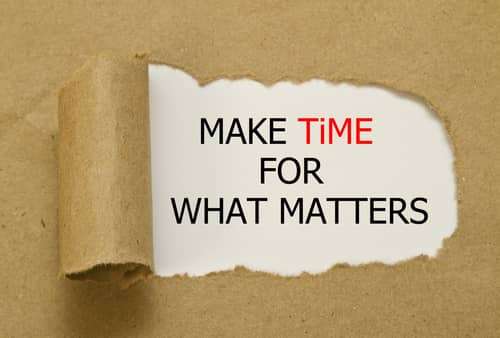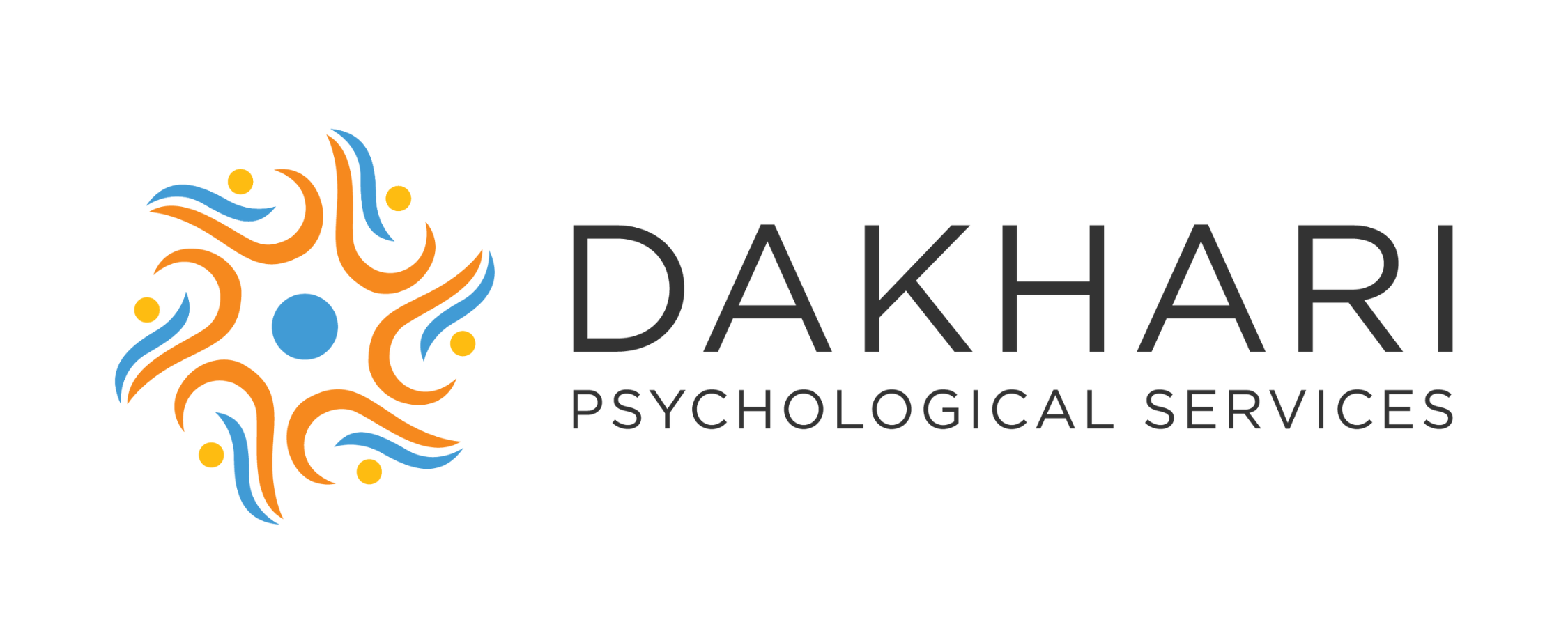You’ve checked the boxes, hit the milestones, and accomplished more than most people around you — yet instead of satisfaction, you feel… tired. Drained. Even resentful. This exhaustion doesn’t look like laziness or lack of ambition – psychologists and performance coaches are increasingly calling it achievement fatigue. Left unchecked, achievement fatigue can quietly erode your motivation, joy, and mental health, even while your life looks “successful” on the outside.
What Is Achievement Fatigue?
Achievement fatigue is the mental, emotional, and physical exhaustion that comes from relentless striving. Unlike classic burnout, which is often tied to workplace demands, achievement fatigue is rooted in identity. Your sense of worth becomes tied to accomplishment — and when one goal is reached, your brain quickly moves the bar higher.
Signs You Might Be Experiencing Achievement Fatigue
If you’re wondering whether this is you, here are common red flags:
- Constant exhaustion even after rest.
- Loss of joy in accomplishments you once celebrated.
- Restlessness — feeling guilty when not “doing something productive.”
- Increased anxiety about performance, even on small tasks.
- Flat motivation — pushing forward feels heavy instead of energizing.
- Imposter thoughts — success never feels good enough.
If these sound familiar, you may be living with achievement fatigue.
Why High Achievers Are So Vulnerable
Driven individuals are particularly at risk because of how their thinking patterns work:
- All-or-nothing thinking: “If I’m not excelling, I’m failing.”
- Perfectionism: The bar is never high enough.
- External validation: Self-worth tied to results.
- Achievement as identity: Without goals, you feel lost.
Over time, these patterns create a loop: more success → higher expectations → less satisfaction → more exhaustion.
The Psychological Trap of Constant Achievement

Achievement fatigue is often reinforced by:
- Society’s applause — people praise your work ethic, not your rest.
- Fear of slowing down — worrying that pausing will make you fall behind.
- Brain wiring — success triggers dopamine, but the “high” is short-lived, leading you to chase the next win.
This trap makes achievement feel like both the problem and the solution — fueling deeper fatigue.
How to Recover From Achievement Fatigue
The good news: recovery doesn’t mean abandoning your ambition. It means restructuring your relationship with achievement.
1. Redefine Success
Instead of measuring only by output, add values-based metrics:
- Did I act in line with my values today?
- Did I show up authentically, not just productively?
- Did I protect energy for what matters most?
2. Practice “Enoughness”
At the end of the day, pause and name three things that were enough. This combats the urge to dismiss daily wins as “not good enough.”
3. Schedule Rest Without Guilt
Think of rest as part of your performance system — like recovery days for athletes. Even 10–15 minutes of mental downtime can lower stress hormones and improve focus.
4. Thought Reframes
Catch distorted thoughts like:
- “If I slow down, I’ll fail.” → “Rest is fuel for sustained achievement.”
- “I should be doing more.” → “What I did today matters, even if it wasn’t perfect.”
5. Small Joys as Counterweights
Counterbalance achievement with moments of joy not tied to accomplishment — hobbies, walks, music, time with loved ones.
Looking for structured tools to challenge unhelpful thought patterns? Our guide Think Better, Feel Better: The Must-Ask Questions to Stop Negative Thoughts Fast offers practical, easy-to-use questions that help you recognize distorted thinking — and more importantly, create space for healthier, more helpful thoughts.
You’re ambitious and already doing a lot—make sure your wellness isn’t an afterthought. Drop your email below to subscribe and get new blog posts with practical, evidence-backed wellness tips you can start using today—no inbox overload, unsubscribe anytime. (For info only; not a substitute for professional advice.)

Seeking Support
If fatigue has led to anxiety, sleep problems, or loss of motivation, it may be time to seek professional support. A mental health professional can help you untangle achievement from self-worth and guide you toward healthier patterns.
Feeling the weight of achievement fatigue? Our 7-Day Mental Wellness Reset is designed with busy schedules in mind — simple, evidence-based exercises that take less than 30 minutes a day.
Bringing It All Together
Achievement fatigue isn’t a sign of weakness — it’s the predictable outcome of a culture and mindset that glorify constant striving. By learning to spot the signs, reframe your relationship with success, and prioritize sustainable habits, you can keep your ambition alive without sacrificing your well-being.
The goal isn’t to stop achieving. It’s to achieve differently — with balance, values aligned living, and energy intact.

J. Oni Dakhari, PsyD
ABOUT THE AUTHOR: J. Oni Dakhari, PsyD, is a clinical and pediatric psychologist who loves languages, is an avid traveler, and finds boundless excitement in the pursuit of knowledge and helping others.
Health Information Disclaimer: Attention Required
No content on this site, or any of the references or links, should ever be used as a substitute for direct medical advice from your doctor or other qualified clinician. The content of the blog, including any references, resources, links, or other shared knowledge, is for informational purposes only. No content whatsoever should be taken as a replacement for medical, clinical, professional advice, diagnosis, intervention, or treatment. Any action or inaction as a result of any content you consume, including within the blog, references, resources, links or other associated knowledge, is done solely at your discretion.
The blog author and associated professionals cannot be liable for any of the consequence of such action or inaction. Accessing or using any of the content of the blog, including any references, resources, links, or other shared knowledge does not create a doctor-patient relationship between the author or associated professionals and you. If you choose to contact the blog author or any associated professionals of Dakhari Psychological Services, LLC to provide personal, medical, or clinical information, this does not create a doctor-patient relationship. It’s crucial to consult with a qualified healthcare provider for individualized advice regarding your health concerns.
Affiliate Disclosure Disclaimer:
Please note this post may contain affiliate links. This means I may receive a commission if clicked at no extra cost to you.





